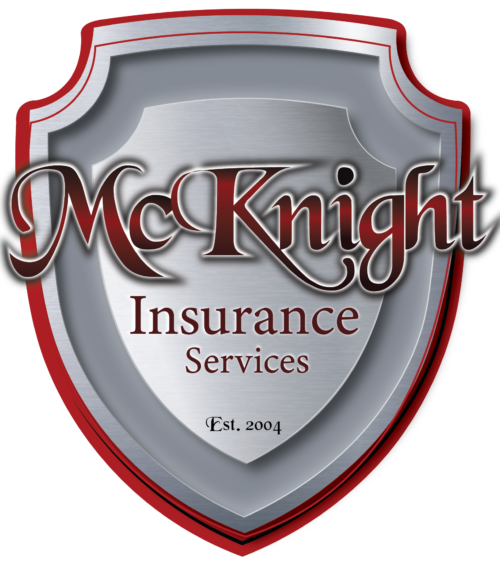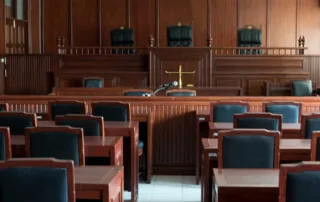July 3, 2025
Buying commercial property is a major milestone—whether you’re moving your business into a new space or investing in real estate for income. But while most buyers focus on location, financing, and renovations, one critical detail often gets overlooked until closing day:
The right insurance.
At McKnight Insurance Services, we work with property buyers across Texas—many of whom don’t realize just how much insurance decisions impact their financing, risk exposure, and future profitability.
If you’re in the market to buy a commercial property, here’s what you need to know before you sign that purchase agreement.
- Your Lender Will Require Proof of Insurance—Before Closing
Most commercial lenders will require proof of property insurance before funding your loan. This means you’ll need to secure a policy with specific requirements:
- Replacement cost or loan value coverage
- Named perils or all-risk protection
- Proof of liability insurance
Failing to line this up in time could delay your closing.
Pro tip: Contact an insurance agent early in the buying process to get quotes, verify requirements, and lock in your policy.
- You Need to Know the Building’s Risk Factors
Before you buy, ask these questions:
- Is the property in a flood zone?
- What is the building’s age and construction type?
- Does it have updated wiring, plumbing, and HVAC?
- Has the roof been replaced in the last 10 years?
These factors can dramatically affect your premiums and eligibility. A beautiful building might carry hidden risks that make it more expensive—or even uninsurable without upgrades.
Pro tip: Ask for a loss run report or prior insurance history. This gives you insight into past claims and potential red flags.
- Understand the Difference Between Property & Liability Insurance
When you buy commercial property, you’ll need:
- Commercial Property Insurance – Covers the building, fixtures, systems, signage, and often equipment
- General Liability Insurance – Protects against injuries or damages that occur on-site
If you lease space to tenants, you’ll also want lessor’s risk insurance, which protects you from tenant-related liability.
Pro tip: Require tenants to carry their own liability and property insurance—and ask for Certificates of Insurance annually.
- Don’t Forget Loss of Rental Income or Business Interruption Coverage
If a fire, storm, or other event makes the building temporarily unusable, you could lose income while repairs are made. That’s where Business Interruption Insurance or Loss of Rents coverage comes in.
This coverage helps replace lost income so you can keep paying your mortgage, taxes, and operational costs even when tenants can’t occupy the space.
Pro tip: Double-check how long coverage will apply—some policies limit it to 12 months, while others extend further.
- You May Need Additional Coverages Based on Use
Depending on how your property will be used, you may need:
- Flood Insurance – Especially if in a designated flood zone (not covered by standard policies)
- Equipment Breakdown – Covers HVAC, boilers, and other systems
- Builder’s Risk Insurance – If you’re doing major renovations
- Environmental or Pollution Liability – If buying older properties or land with industrial history
Pro tip: Let your agent know your plans for the building—renovation, owner-occupied, multi-tenant, etc.—so they can tailor your policy accordingly.
Insurance First, Not Last
Buying commercial property is exciting—but it’s also a serious investment. The wrong insurance plan (or none at all) can create major issues with your lender, increase your risk, and cost you thousands down the road.
At McKnight Insurance Services, we help buyers in Fort Worth and across Texas navigate the insurance process early, avoid surprises at closing, and build strong risk strategies that protect their investment long-term.

Author | Sembree Yeary
Start here: Protect what matters most with customized insurance solutions
Submit your contact info and one of our Agents will reach out shortly!






